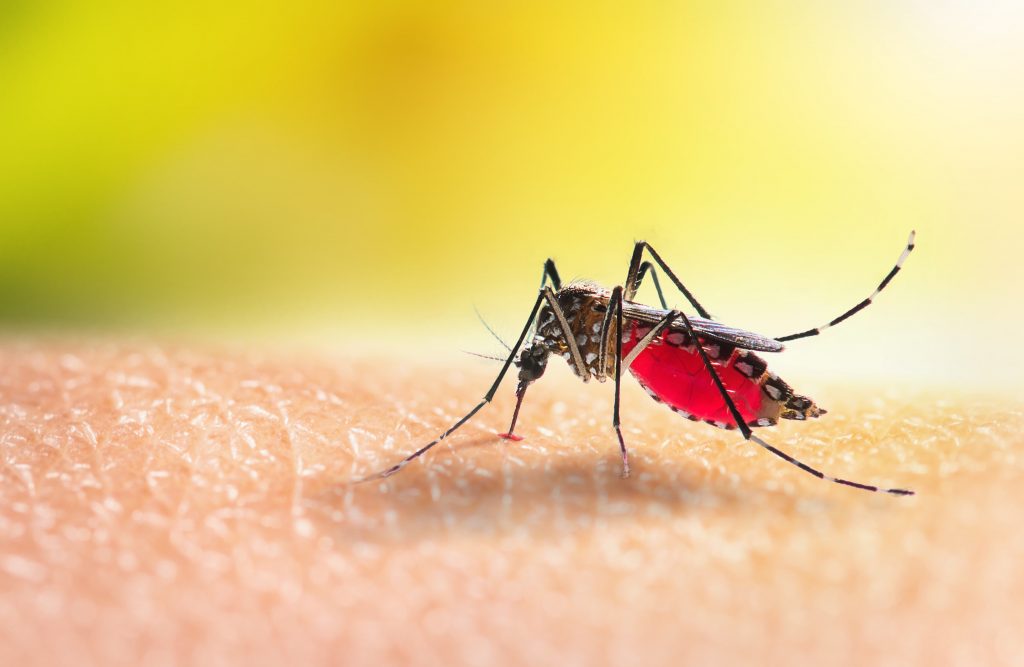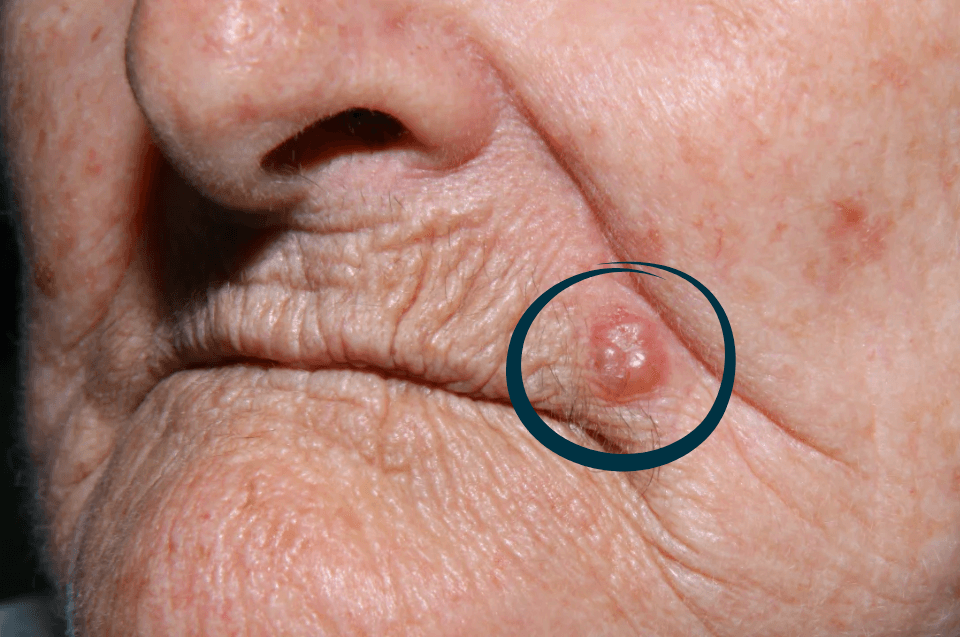Dengue is a viral disease transmitted by the bite of the Aedes aegypti mosquito, common in tropical and subtropical regions such as Brazil. In recent years, dengue has become one of the main public health concerns, with frequent outbreaks and an increase in severe cases. Understanding its symptoms, transmission methods, and prevention is essential to reducing the number of infections and complications.
What is Dengue?
Dengue is caused by a virus from the Flaviviridae family, with four different serotypes: DENV-1, DENV-2, DENV-3, and DENV-4. This means that a person can contract dengue up to four different times, with an increasing risk of severe forms in subsequent infections.
How is Dengue Transmitted?
The main form of dengue transmission is through the bite of a female Aedes aegypti mosquito. The mosquito becomes infected after biting a sick person and, after a few days, transmits the virus to another person when it bites again.
About the Aedes aegypti:
Has daytime habits, with peak activity in the early morning and late afternoon
Lays eggs in places with still water, even in small amounts (plant pots, bottle caps, gutters)
Can also transmit Zika and Chikungunya viruses
What Are the Main Symptoms of Dengue?
Symptoms usually appear between 4 to 10 days after the bite of an infected mosquito. The disease can present in different forms:
🟡 Classic Dengue
Sudden high fever (above 38.5°C / 101.3°F)
Intense headache (especially behind the eyes)
Muscle and joint pain (“breakbone fever”)
Red spots on the skin
Extreme fatigue
Nausea and vomiting
Loss of appetite
🔴 Severe Dengue (formerly known as Dengue Hemorrhagic Fever)
More common in people who have had dengue before. Warning signs include:
Intense and persistent abdominal pain
Continuous vomiting
Bleeding (gums, nose, urine, stools)
Sudden drop in blood pressure
Drowsiness or irritability
Decreased urination
Severe dengue can lead to shock, organ failure, and death. It requires immediate hospitalization.
How is Dengue Diagnosed?
Dengue is diagnosed clinically, based on symptoms and patient history, but can be confirmed with lab tests such as:
Complete blood count (low platelets and elevated hematocrit)
NS1 antigen test (rapid test for viral antigen)
Serology (IgM and IgG antibodies)
RT-PCR (detects the virus’s genetic material)
Is There a Treatment for Dengue?
There is no specific medication to cure the dengue virus. Treatment is supportive and focused on relieving symptoms and keeping the patient hydrated.
Recommendations:
Absolute rest
Intense hydration (water, juices, homemade oral rehydration solutions, electrolyte drinks)
Use of antipyretics and pain relievers, such as paracetamol or dipyrone
Avoid aspirin and anti-inflammatory drugs, as they increase the risk of bleeding
In severe cases, the patient should be hospitalized for intravenous fluid replacement and constant clinical monitoring.
How to Prevent Dengue?
The best way to prevent dengue is to eliminate mosquito breeding sites. Some effective measures include:
Do not allow water to accumulate in containers (tires, bottles, pots, gutters)
Keep water tanks tightly closed
Use screens on windows and doors
Apply insect repellent to exposed skin, especially during the day
Wear clothes that cover arms and legs
Install mosquito nets, especially in high-risk areas
The Dengue Vaccine
There are currently two vaccines approved in Brazil:
Dengvaxia (Sanofi Pasteur)
Recommended only for people aged 9 to 45 who have had dengue before
Not recommended for those who have never had dengue, as it may increase the risk of severe forms
Qdenga (Takeda)
More recently approved
Recommended for people aged 4 to 60, with or without prior dengue infection
Already being distributed in public health campaigns in priority areas
Interesting Facts About Dengue
A single female Aedes aegypti can lay up to 400 eggs in her lifetime.
Mosquito eggs can survive up to a year in dry environments and hatch as soon as they come into contact with water.
Dengue is not transmitted from person to person, only through the mosquito.
It is possible to get dengue more than once, as immunity is only acquired for the specific serotype.
Conclusion
Dengue is a serious and potentially fatal viral disease, but it can be prevented with simple and effective measures. Fighting the mosquito vector is a shared responsibility, especially during warmer and rainier months. At the first signs of symptoms, seek medical care immediately for proper diagnosis and monitoring.
.



